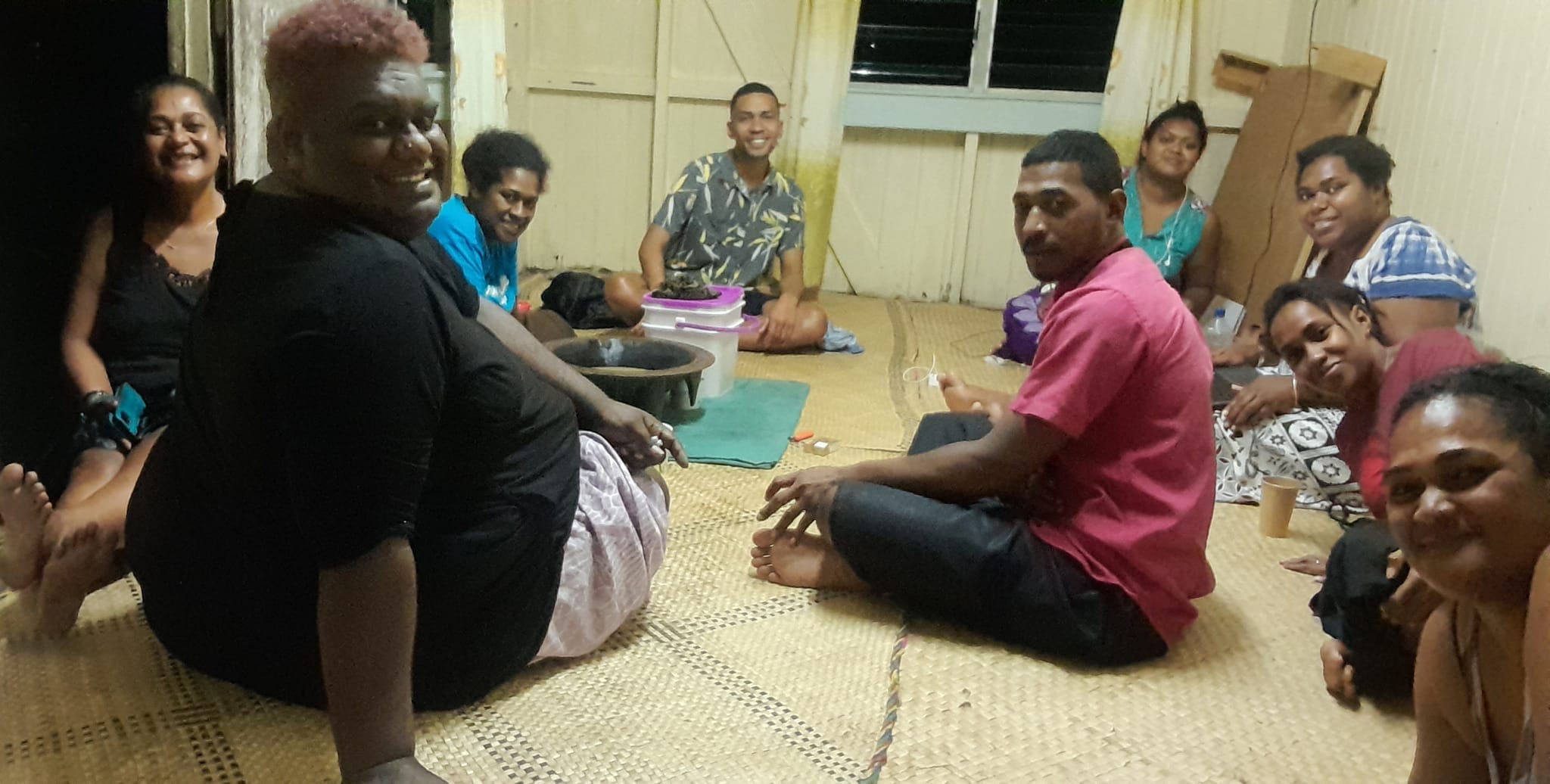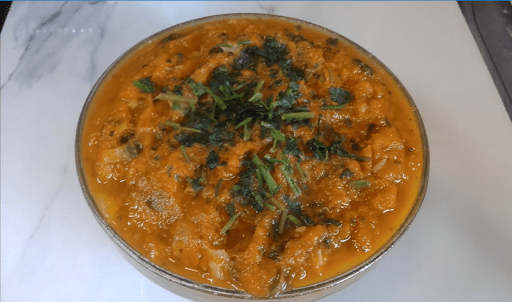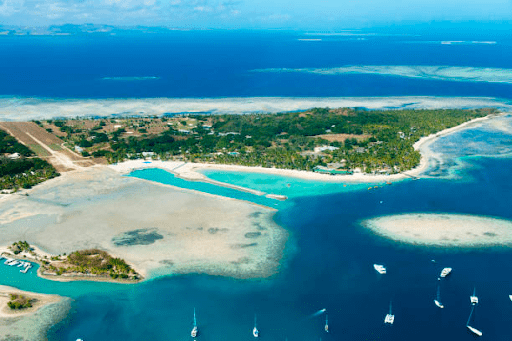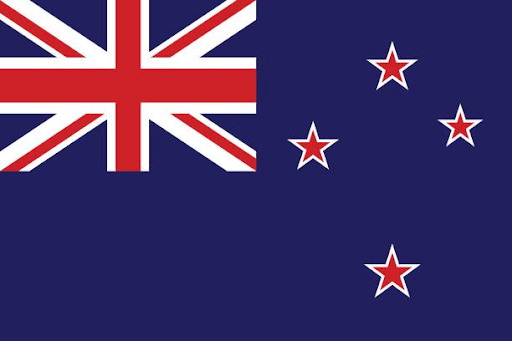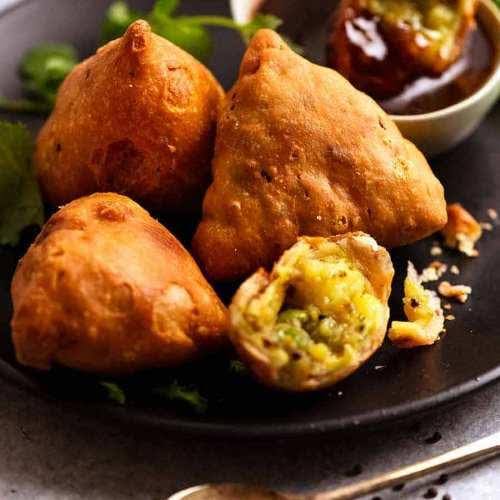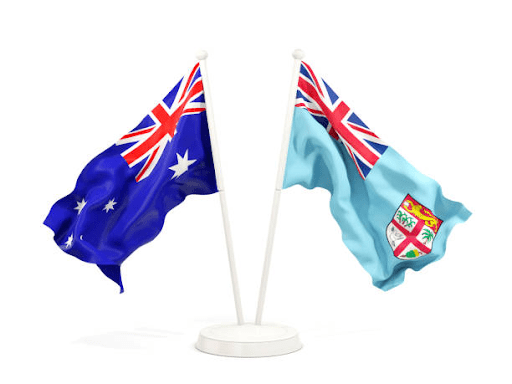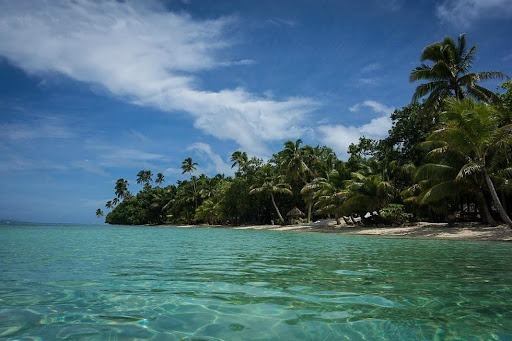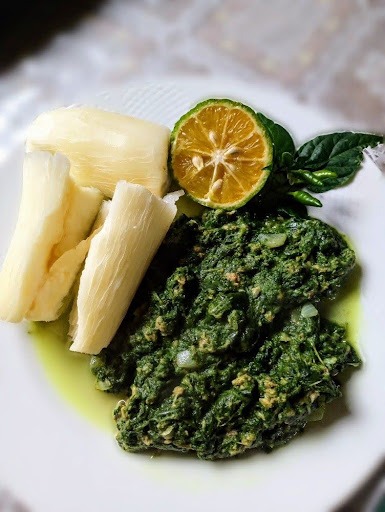Kava as a medium in Fiji culture
There have been many articles, both academic and blog alike, about Kava on here, the internet! So without further hesitation, let’s get right into it!
The Piper methysticum plant, more commonly known as Kava, is a principal part of Pacific cultures. Folklore suggests, and under the careful scrutiny of Basil Thomson, that Yaqona was introduced by Degei, the powerful snake god and given to his sons as gifts. Having no clue what to do with it, Degei’s sons gave it to the people who cultivated it instead. Arriving in the Fiji Islands through ancient voyaging and trading, it has been frequently used as a means of socialising between two or more parties.
According to various sources, including the Fijian museum, due to its sedating effects, the use of Yaqona (Yah-ngo-nah) as it is known in Fiji was used by priests as a mechanism of communication to the ancestral gods, a medium. The introduction of Christianity with Tongan influence, if not abolished, has changed many of these ancient rituals, therefore Yaqona- still a medium, has been religiously reformed to unite different groups in social and religious settings. For the context of this article, the terms Yaqona and Kava will be used interchangeably, the word ‘Fijian(s)’ will be referred to the ethnic group more commonly known as the indigenous itaukei and not on a nationality basis; as a means to convey for an easier flow of ideas throughout this piece.
Yaqona, is one of the few words that Fiji would gladly associate itself with, along with rugby, coconut trees, bottled water, ocean blue seas and Bula smiles, to name a few. In fact, it is only second in importance to its more heavenly counterpart, the Tabua (tah-mbu-ah) or whales tooth. These two traditional items are often used together in many cultural settings; such instances are the use of both or one item to signify the betrothal of a girl (duguci/veilakovi), show a girl’s father a man’s continuing intention of courting his daughter (tabailago/vakaraitaki) or more importantly for the reconciliation of families, clans and Vanua (matanigasau/veisorosorovi) after a misunderstanding or a bitter conflict.
Although, traditions and customs may vary according to each province, tikina (district) and villages, the use of yaqona or the customs in which it is being accepted and given may vary. Kava is also highly regarded as the drink of chiefs because it is an indication of respect when served by the people to their chiefs. It is also because Fiji comprehends its cultures through aspects of physical and tangible traits that the overall use of Kava in a cultural context is a symbol of respect, to carry it with you is an indication that one’s intentions are respectful and one will be received as such. Usually, on these occasions, the menfolk tend to be more relaxed, and they convene to a more laidback conversation when given the chance to do so.

Kava drinking is present at weddings, funerals, birthdays and about any occasion Fijians are involved in. In reality, it has always been a constant of Fijian culture and a traditional occasion. Without it, even in today’s contemporary society would seem very foreign and so out-of-place for most Fijians.

In modern times, a lot of these customs are still being observed, with many modern interpretations of everything yaqona. One, it is more commonly used as a social gesture between hosts and visitors, whether foreign or local, in doing so the visitor offering yaqona as their isevusevu (e-se-vu-se-vu) – ceremonial presentation of yaqona, illustrates a display of vulnerability and humility, asking their host to welcome them in peace.
The cultural assumption is such that when the host accepts the sevusevu, they immediately display warm reception, sharing a part of themselves and their culture with the visitor. The host assumes, reciprocally, that the visit is one of implying nature and thus, the yaqona is mixed and the first cup is given to the visitors. When both host and visitors have drunk the first few cups, the atmosphere should be more relaxed, allowing for conversation to flow more freely and for the true nature of the visit being revealed. Grog sessions, a more informal term for kava drinking, can also be used for Talanoa (Ta-la-no-ah: story) sessions between formal acquaintances or close friends.
The extensive exposure of Fiji’s modern generation to education and the outside world, has also opened up opportunities for yaqona sessions to be more educational, encouraging worthwhile discussions and playful debates about rights, the state of Fiji as a society at present, politics or about anything that conspires to be discussed. It also generally allows people to use yaqona for relaxation purposes, especially after the hard yards of 9-5 days’ work.

Yaqona or Kava, with its great traditional value, could still be a commodity of its own like it once was during the pre-contact barter and trade age. Also used for its medicinal purposes, older women often encourage pregnant women to use kava thus, making for an easier birth regularly. Of course, like all things kava has its pros and cons and if drunk excessively allows for laziness, sleepiness and drowsiness as an after-effect, traits that have become a nuance for communities, but the onus is on the user and to each their own. Fiji’s vast cultural diversity has even allowed for incorporating many other cultural aspects into Fijian culture and vice versa. Once in attendance at a Fijian Indian wedding, before the ceremony’s commencement, the men, Fijian Indians mixed yaqona for guests while waiting.
So, if you do visit Fiji and find yourself struggling to know what to do in a cultural context, just grab yourself a vesu-ni-Yaqona (ve-su-ni-yah-ngo-nah), ask for a matanivanua- a herald that can handle formalities on your behest, and offer the yaqona to your host. Market value for Yaqona ranges from $5 per bag (powdered) and $15 or $20 for a vesu at its cheapest value. Moreover, if you also just want to relax and talanoa with friends, whether local or foreign, then kava might be a suitable choice as well.

